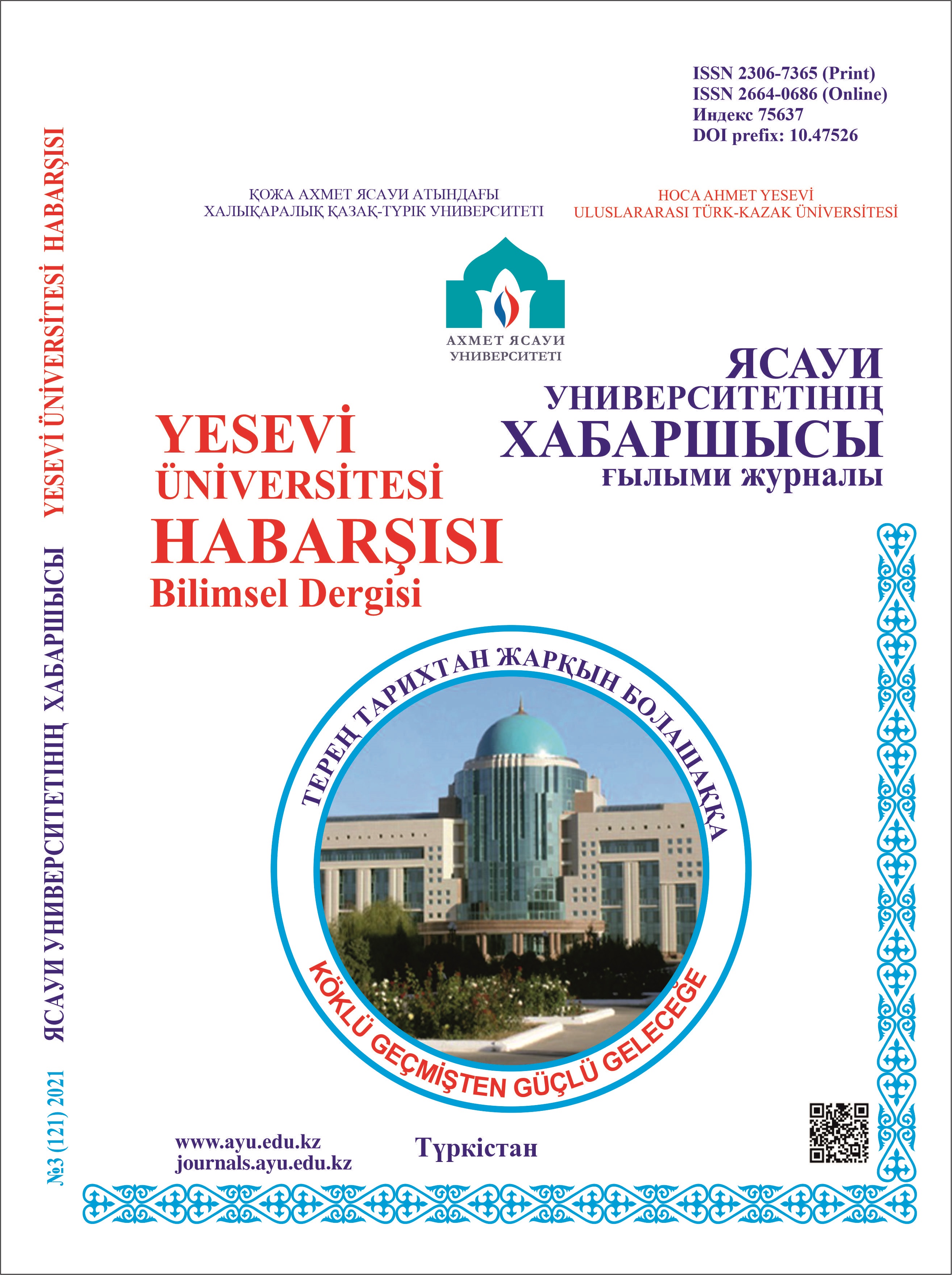ENHANCING STUDENTS’ PRAGMATIC AND SELF-EFFICACY SKILLS BY WRITING EMAILS
238 239
Keywords:
pragmatic competence, self-efficacy skills, writing, teaching, students.Abstract
Nowadays, the importance of developing pragmatic skills and self-efficacy among students is growing. This study examines the pragmatic competence and self-efficacy skills of students by analyzing email inquiries. Pragmatic competence is the social context in which it is important for effective communication, which includes the understanding and appropriate use of language. Pragmatic competence has become an integral part of language acquisition, as good linguistic knowledge would not be enough to have successful communication. As e-mail communication becomes more common in academic and professional environments, it is important to develop students’ pragmatic and self-efficacy skills. Moreover, emailing has become an official communication tool between instructors and students in higher education. Students often use corporate mail for requesting, which might be in and out of educators’ responsibilities, such as asking for extra tasks, making personal appointments, and requesting recommendation letters. This means making requests tends to be a common discourse in higher educational institutions; however, it is still a face-threatening act for students. By considering power relations, cultural norms and other socio-linguistic factors, writing emails to teachers requires sufficient knowledge of pragmatics. This study explores students’ pragmatic competence and self-efficacy skills in the context of Kazakhstani higher education, provides valuable insights into the difficulties and offers suggestions for improving teaching writing skills.
References
Economidou-Kogetsidis M. “Please answer me as soon as possible”: Pragmatic failure in non-native speakers’ e-mail requests to faculty // Journal of Pragmatics. – 2011. – Т. 43. – №13. – P. 3193–3215.
Aijmer K. “Will you fuck off please”. The use of please by London teenagers // Sociocultural Pragmatics. – 2015. – №3(2). – P. 127–149.
Thomas J. Cross-cultural pragmatic failure // Applied linguistics. – 1983. – №4(2). – P. 91–112.
Akmagambetova N., Zhorabekova A., Kassymova G. Formation of Tolerance in Teenage Students in the Modern Educational Environment Via a Pragmatic Approach // Iasaui universitetіnіn habarshysy. – 2023. – №2(128). – P. 367–379. https://doi.org/10.47526/2023-2/2664-0686.29
Griffiths P. Introduction to English semantics and pragmatics. – Edinburgh university press, 2006. – 192 p.
Economidou-Kogetsidis M. Interlanguage request modification: The use of lexical/phrasal downgraders and mitigating supportive moves // Multilingua. – 2009. – №28. – P. 79–112.
McCarthy P., S. E. W. Writing self-efficacy: A study of the beliefs and attitudes of student writers // Journal of Educational Psychology. – 1985. – №77(1). – P. 35–41.
Shell D.F., Murphy C.L., Bruning R. The role of self-efficacy in writing: A study of college students // Journal of Educational Psychology. – 1989. – №81(1). – P. 42–50.
Chen C.F.E. The development of e-mail literacy: From writing to peers to writing to authority figures // Language Learning & Technology. – 2006. – №10(2). – P. 35–55.
Blum-Kulka S. Indirectness and politeness in requests: Same or different? // Journal of pragmatics. –1987. – №11(2). – P. 131–146.
Durlak J., Weissberg R., Dymnicki Allison B., Taylor Rebecca D., Schellinger, Kriston B. The impact of enhancing students' social and emotional learning: a meta-analysis of school-based universal interventions // Child development. – 2011. – Vol. 82, №1. – P. 405–432. http://doi.org/10.1111/j.1467-8624.2010.01564.x
Chung Yoonsook, Yoo Jungsook, Kim Sungwon, Lee Hyunju, Zeidler D. Enhancing students’ communication skills in the science classroom through socioscientific issues // International Journal of Science and Mathematics Education. – 2014. – №14. – P. 1–27. http://doi.org/10.1007/S10763-014-9557-6
Sun Ting, Wang Chuang. College students’ writing self-efficacy and writing self-regulated learning strategies in learning English as a foreign language // System. – 2020. – Vol. 90. http://doi.org/10.1016/j.system.2020.102221
Cleary T., Velardi Brittany C., Schnaidman B. Effects of the Self-Regulation Empowerment Program (SREP) on middle school students' strategic skills, self-efficacy, and mathematics achievement // Journal of School Psychology. – 2017. – №64. – P. 28–42. http://doi.org/10.1016/j.jsp.2017.04.004
Succi Chiara., Canovi Magali. Soft skills to enhance graduate employability: comparing students and employers’ perceptions // Studies in Higher Education. – 2020. – №45. – P. 1834–1847. http://doi.org/10.1080/03075079.2019.1585420
Häkkinen P., Järvelä Sanna, Mäkitalo-Siegl Kati., Ahonen A., Näykki Piia, Valtonen Teemu. Preparing teacher-students for twenty-first-century learning practices (PREP 21): a framework for enhancing collaborative problem-solving and strategic learning skills // Teachers and Teaching. – 2017. – №23. – P. 25–41. http://doi.org/10.1080/13540602.2016.1203772
Bandura A. Self-efficacy: Toward a unifying theory of behavioral change // Psychological Review. – 1977. – №84(2). – P. 191–215. https://doi.org/10.1037/0033-295X.84.2.191
Pendergast D., Garvis S., Keogh J. Pre-service student-teacher self-efficacy beliefs: An insight into the making of teachers // Australian Journal of Teacher Education. – 2011. – Vol. 36. – P. 46–58. http://doi.org/10.14221/AJTE.2011V36N12.6
Pajares F. Self-efficacy during childhood and adolescence: Implications for teachers and parents // In F. Pajares, T. Urdan (Eds.). Self-efficacy beliefs of adolescents. – Information Age Publishing, 2007. – P. 339–367.
Teng F., Zhang X., Hsu Y. The effects of self-efficacy on writing performance: The mediating role of writing anxiety // Journal of Educational Psychology. – 2018. – №110(5). – P. 678–691.

